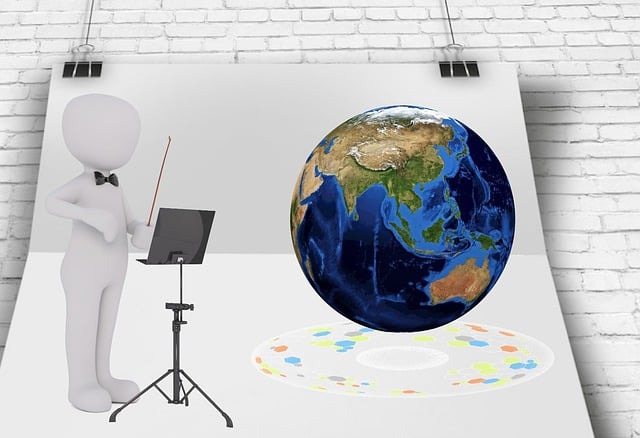Problem gambling is a hidden crisis with severe consequences for individuals and families. Recognizing early signs and promoting responsible gambling practices are key to prevention and recovery. By fostering open communication, encouraging alternative coping strategies, and educating communities about responsible gaming, we can support vulnerable individuals in breaking free from addiction and regain control over their lives. Focus on responsible gambling as a powerful tool to mitigate risks and empower informed decision-making.
Problem gambling can be devastating, impacting not just the individual but their loved ones. Recognizing the signs is the first step towards helping a problem gambler. This article guides you through various aspects of supporting someone in their recovery and promoting responsible gambling practices. By understanding the issues and taking proactive measures, we can foster a culture of responsible gambling and help those struggling with addiction find healing.
- Recognizing the Signs of Problem Gambling
- Supporting a Loved One Through Recovery
- Promoting Responsible Gambling Practices
Recognizing the Signs of Problem Gambling

Problem gambling is a hidden issue that can have severe consequences for individuals and their loved ones. Recognizing the signs early on is crucial in helping those affected. Some key indicators include a preoccupation with gambling, constant thoughts about past bets, and an increased need to gamble to achieve the same level of excitement or satisfaction. Financially, problem gamblers may experience significant debt, use emergency funds, or even turn to illegal activities to support their habit.
The concept of responsible gambling is essential in mitigating these risks. It involves understanding personal limits, setting budgeted amounts for entertainment purposes only, and knowing when to stop. By promoting responsible gambling practices, we can encourage healthier relationships with gaming and potentially prevent the escalation of problem gambling among vulnerable individuals.
Supporting a Loved One Through Recovery

Supporting a loved one through their journey to recovery from problem gambling is an act of compassion and patience. It’s crucial to approach this process with empathy, understanding that healing is a personal and often complex path. The first step involves encouraging open communication; create a safe space for them to share their experiences without judgment. This can be as simple as expressing your willingness to listen and offering reassurance.
Remember, responsible gambling is about fostering healthy habits and boundaries. Help them explore alternative coping mechanisms, such as therapy or support groups, where they can connect with others facing similar challenges. By providing a supportive network, you enable them to take responsibility for their actions and make informed decisions, paving the way for long-term recovery.
Promoting Responsible Gambling Practices

Promoting responsible gambling practices is a crucial step in helping problem gamblers turn their lives around. It involves educating individuals about the potential risks and rewards associated with gaming, encouraging them to set personal limits, and fostering a culture of moderation. By integrating responsible gambling initiatives into the community, such as awareness campaigns, support groups, and easy-to-access self-exclusion options at casinos and betting platforms, it becomes possible to create an environment that supports healthier gambling habits.
These practices aim to empower individuals to make informed decisions, ensuring they understand the entertainment aspect of gambling while minimizing the chances of developing problematic behaviors. It’s about instilling a sense of control and encouraging responsible participation in gaming activities, ultimately helping problem gamblers break free from their addiction and regain control over their lives.
Problem gambling can be a complex issue, but by recognizing the signs and promoting responsible gambling practices, we can support loved ones on their path to recovery. Encouraging open dialogue and providing resources for treatment are essential steps in helping someone overcome addiction. Remember, responsible gambling involves understanding limits, playing for fun, and seeking help when needed. Through education and care, we can create a healthier relationship with gaming and assist those struggling with problem gambling.






